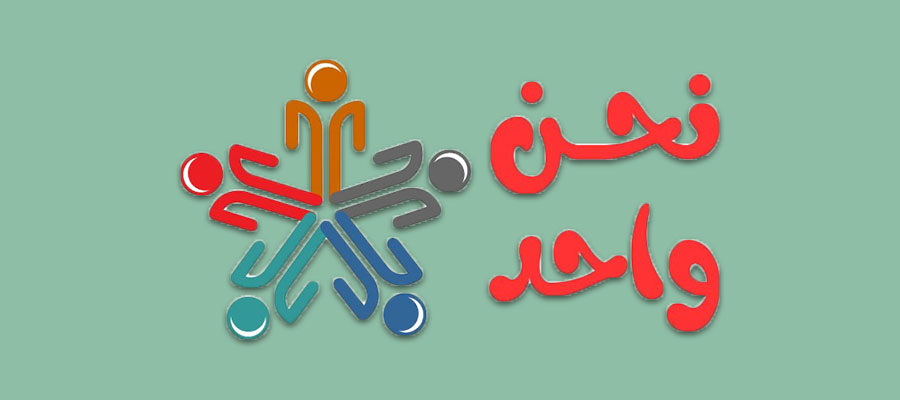
Sudan: Hatred Market is Thriving. How Do We Close It?
Musab Mohammed Ali
Revelations aired by the National Radio from a former security officer sparked anger that nearly reignited a state of civil conflict and tension that has plagued the Eastern Sudan region for decades.
The former security officer, Badr al-Din Abdel Hakam, cast doubt on the Sudanese identity of certain ethnic groups, claiming they do not belong to Sudan and should be stripped of Sudanese citizenship.
Quickly, this racist statement ignited anger among the concerned groups, with some vowing retaliation and revenge.
Such racist rhetoric highlights elements and members of the dissolved Muslim Brotherhood group and the National Congress Party, whose discourse and governance project (1989-2019) were associated with poisoning the public sphere.
After the overthrow of the National Congress Party regime through a peaceful revolution that opposed hate speech, political forces began to flourish among Sudanese singing songs and celebrations of a unified Sudan. However, hate speech has resurfaced amidst the April 15th war between the army and the Rapid Support Forces militia, polarizing Sudanese society during the war.
What are the reasons for the resurgence of hate speech during the war?
According to the Nasiri Party leader, Muzhir Abu al-Maali, the return of this rhetoric and its prevalence have no parallel in Sudans recent history, and its resurgence has created a state of division among Sudanese. He stated that the Muslim Brotherhood group continued to work on suppressing those advocating for peace and ending the war, either through arrest, elimination, or marginalization, leading to two opposing currents: one inciting population groups to fight and the other rejecting it. Thus, incitement operations, also known as instigators, and forced recruitment and forced involvement of civilians in the ongoing war emerged.
Abu al-Maali also pointed out that several tribes announced their affiliation with one side or the other based on race and tribal affiliation.
Are the remnants of the ousted regime responsible for fueling the flames of civil war?
For the Arab Socialist Baath Party leader, Wajdi Saleh, the answer is "yes."
He argues that the remnants of the fallen Islamic regime are engaged in organized sabotage within the army, military intelligence, and security apparatus, with the support of sheikhs, mayors, and unqualified civil administrators, kidnapping the names of the masses and their areas, cities, and trading them politically to fuel the flames of war and prepare for Plan B, turning the war into a civil war if they fail to ignite the revolution spark with the futile war between remnants (military and civilians) and the Rapid Support Forces to achieve victory over them to monopolize power and Sudans wealth.
He believes that the Sudanese people are vigilant, aware of this malicious process, and reject any gathering or trend towards racist discourse that opens the door to civil war under the tribal, regional, clan, or political cover.
Looking at the testimonies of detainees held by the army and Rapid Support Forces militia, they all confirm that the killings and interrogations were all linked to the ethnic conflict that Darfur witnessed at the turn of the millennium.
What do the warlords want?
This question was raised by Ismat Sharif Sati, one of those fleeing the horrors of war in Khartoum, especially as his memory is filled with the horrors of war.
He had nothing to talk about except war and what it caused him in dreams and nightmares. Sharif says: I saw men slaughtered, children shot dead, and women torn apart by stray bullets and indiscriminate aerial bombardment. While fleeing these horrors, I was bombarded with questions about the tribe I belong to, and there were ready-made accusations and labels thrown at me by members of the Rapid Support Forces.
Conversely, civilians in areas under army control have been subjected to arrest and brutal torture because of their identity.
A few months ago, the governor of the Nile River state in northern Sudan issued threats against tribal components present in the state, seeing them as a security threat, warning of their danger and considering them dormant cells affiliated with the Rapid Support Forces. Immediately, there was an active movement of arrests targeting these components.
Muzhir Abu al-Maali believes that due to such racist speeches, the conflicting parties have committed heinous crimes, including beheadings, amputations, and body mutilation. He added: "There is complete disregard for international humanitarian law and human rights law, a serious and alarming situation caused by hate speech that has become dominant in the public sphere, especially on social media."
Abu al-Maali emphasized the need for civil forces to act against this type of discourse, which he believes is part of the plans of the ousted regimes remnants and aims to tear apart the social fabric. It has pushed Sudan to the brink of a civil war that will be extensive in scope.

